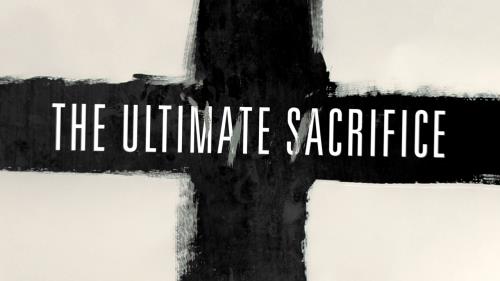-
The Apostolic Invasion Of Europe (A Sermon On Acts 16:9-15)
Contributed by David Smith on Nov 28, 2017 (message contributor)
Summary: Philippi was a tough place to start a mission - wrong type of people, wrong area, wrong timing! But it seems that God doesn’t need straightforward circumstances in or...
Philippi was a colony given over entirely to veterans, though it hadn’t always been that way. Founded in 356 BC by (you guessed it) ‘Philip of Macedon’, the city was best know for being the scene of the final showdown between Mark Anthony and Octavian, on the one hand, and Brutus and Cassius on the other in the Roman Civil War that followed the assassination of Julius Caesar
It was after that battle that the victors decided to settle a lot of their soldiers from the 28th Legion right there in the city, most of the original inhabitants having no doubt been killed off in the battle. They were later joined by vets from the Praetorian guard when Octavian became Emperor.
Philippi, In other words, was a city of men - a city of rough old men, and rough old men who had money! They were living in houses they hadn‘t built, taken from people they had killed. Some would have had families with them. Many would have been single. And where there’s rough, old, single men with money, I imagine there was a thriving sex industry with lots of late-night bars.
War stories, wine and wenching (the three ’w’s’) - a few of an ex-legionary’s favourite things, and the three W’s must have been at the heart of Philippian culture, which is why it seems like such an odd place for Paul to launch a Christian mission.
If Paul had been guided by the contemporary wisdom of the church-growth strategists, he would have looked for an area that had a well-established Jewish community - people who already understood concepts like Messiah and the Kingdom of God. Philippi didn’t have that. He would have chosen a place with a sizeable synagogue, which he could have then used as a central place for preaching and teaching. Philippi didn’t have any synagogue!
Philippi was a town of rough old men who specialised in war mongering, wine and wenching, not in spiritual dialogue. When St Paul had his vision, he saw a Macedonian man begging him to come over and help, but when he got to Philippi, that man was nowhere to be found
Paul did not find any blokes in Philippi looking for spiritual help. On the contrary, when he went out searching for a place where local people gathered for prayer, he ended up outside the city, and down by the river, and he didn’t find any blokes there at all, but only a few women!
I suspect that Paul’s companions, by this stage, would have been questioning Paul pretty seriously about how sure he was that this vision he’d had had been genuinely a message from God and not just the result of an upset stomach. I suspect that Paul himself must have questioned the veracity of that vision numerous times - seeing this image of the Macedonian man, calling to him, roughly shaven, still perhaps wearing the insignia of his old legion. I envisage that when Paul initially heard the old soldier calling to him for help, he was thinking, ‘yeah, I remember the last time I asked you for help, I didn’t get any!’
Evidently Paul and his fellow troopers were able to get beyond all that. Paul must have been able to see in that vision of the Macedonian man, not simply a retired killer and long-time oppressor of his people, but a human being in need of help. So they made the trip, they came to the city, they didn’t find any men asking for help, but they found some godly women, one of whom was named ‘Lydia’. And the Lord, we are told, ‘opened Lydia’s heart‘, and both she and her household were baptised, and so began the church of Philippi.

 Sermon Central
Sermon Central



